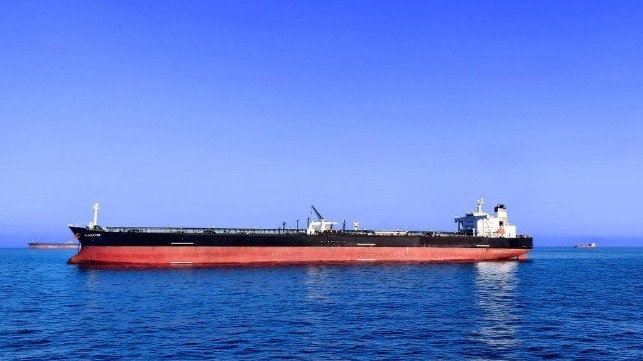EU's Plans to Ban Russian Oil Hit New Speed Bumps

The European Commission's plans to put stringent sanctions on Russian oil have quickly run into several obstacles.
The most significant is outright opposition from the government of Hungary, which has long cultivated ties with Moscow and depends heavily on Russian oil for its energy needs. European Commission President Ursula von der Leyen traveled to Budapest to meet with Hungarian Prime Minister Viktor Orban on Monday, but departed without an agreement. After the meeting, Hungarian foreign minister Peter Szijjarto made clear that the Orban administration opposes a ban on Russian oil imports, on any timetable, unless it has guarantees that its concerns will be met.
"We made progress, but further work is needed. I will convene a [working group] with regional players to strengthen regional cooperation on oil infrastructure," von der Leyen said in a social media message.
One EU diplomat described Orban's demand as "something like a total opt-out" from the ban, according to Politico - an "impossible" request for negotiators.
In addition to satisfying Orban's concerns, the EC will have to negotiate accommodations with the governments of Croatia, Bulgaria, the Czech Republic and Slovakia, which all say that they will need time and help from the EU to wean their economies off of Russian oil.
In addition, the EC's nascent plan to ban the carriage of Russian oil on EU-controlled tankers appears to have come to an end. According to Bloomberg, Greece - whose shipowners control about one quarter of the world's tanker tonnage - was among the EU member states opposed to the inclusion of a tanker carriage ban in the sanctions package.
A ban on EU provision of marine insurance for Russian oil cargoes is still in the works, and could have a significant impact. Insurers with EU ties are responsible for brokering about 95 percent of the market for oil cargoes, leaving limited alternative options for Russian exporters. A similar prohibition on insuring Iranian oil cargoes had a major effect on Iran's energy exports after the reimposition of U.S. sanctions in 2018.
